Combat sports are often seen as a test of physical strength, endurance, and technical skill. Whether you’re stepping into the ring for Muay Thai, MMA, boxing, or Brazilian Jiu-Jitsu, there’s no doubt that conditioning, strength, and technique play crucial roles in determining performance. However, one of the most critical—and often overlooked—aspects of training is mental resilience. A fighter’s mind can be the difference between success and failure, between pushing through pain and giving up, or between fear and confidence.
In this article, we will explore why mental resilience is just as important as physical conditioning in combat sports, how athletes develop mental toughness, and how training environments, such as that offered by NTG Fight & Fitness Singapore, can help cultivate both mental and physical strength.
What Is Mental Resilience?
Mental resilience is the ability to remain composed, focused, and motivated in the face of adversity. It’s what allows athletes to overcome setbacks, handle stress, and maintain concentration during intense competition. For fighters, it’s the strength to endure fatigue, push past fear, and stay calm under pressure.
Resilience doesn’t mean the absence of fear or stress—it means managing these emotions effectively. A resilient fighter doesn’t ignore pain or fatigue but learns how to work through them while maintaining composure and strategy.
Why Mental Resilience Is Critical in Combat Sports
- Performance Under Pressure
Fighters often perform in high-stakes environments where adrenaline, fear, and excitement surge at once. Mental resilience helps athletes manage these emotions, ensuring that their technique doesn’t falter when it matters most. - Handling Losses and Injuries
A resilient mindset reframes setbacks as learning experiences. Whether recovering from injury or dealing with a loss, fighters with strong mental resilience are more likely to come back stronger and more focused. - Endurance During Long Training Sessions
Combat sports training is demanding, with repetitive drills, endurance runs, and strength conditioning. Mental toughness helps fighters endure long sessions without losing motivation. - Adaptability in Uncertain Situations
Every fight is different. An opponent’s strategy may not match what was expected, or an unforeseen injury could occur mid-match. Mental resilience allows fighters to adapt and stay present. - Confidence and Self-Belief
Believing in oneself is essential when facing a physically superior opponent. Mental resilience fosters confidence through repeated practice, self-talk, and visualization techniques.
How Combat Sports Naturally Build Mental Resilience
Combat sports are a perfect training ground for developing resilience because they combine physical exertion, tactical thinking, and emotional control. Below are some ways fighters build this mental strength.
1. Structured Training Routines
Training in disciplines like Muay Thai or MMA involves repetition, which builds discipline. Consistent training teaches the athlete to trust their preparation and stay committed even on tough days.
2. Exposure to Controlled Stress
Training sessions mimic fight conditions—sparring, timing drills, and endurance challenges expose athletes to stress in a safe environment. Over time, fighters learn to cope with discomfort without panic.
3. Goal Setting
Setting short-term and long-term goals helps fighters stay motivated. Achieving small victories reinforces self-confidence and resilience.
4. Visualization Techniques
Mental imagery exercises allow fighters to rehearse scenarios in their mind before stepping into the ring. This helps them mentally prepare for unexpected events.
5. Self-Talk and Positive Reinforcement
Learning to challenge negative thoughts and replace them with affirmations boosts mental strength. Athletes learn to say, “I can handle this,” even when fatigue sets in.
The Science Behind Mental Toughness in Combat Sports
Modern sports psychology has shown that mental resilience is trainable. Studies have found that athletes who practice mindfulness, positive thinking, and visualization techniques exhibit better stress management and improved performance outcomes.
Neuroscience indicates that repetitive exposure to stress in a controlled environment helps the brain rewire itself to handle pressure more efficiently. Over time, fighters who train both their body and mind build neural pathways that promote calmness, focus, and confidence under stress.
Common Mental Barriers Fighters Face
- Fear of Failure
New fighters often worry about losing or making mistakes. Building resilience involves reframing failure as a learning opportunity rather than a setback. - Performance Anxiety
Anxiety can impair technique and judgment during fights. Techniques like breathing exercises, grounding, and visualization help manage anxiety. - Comparison with Others
Comparing oneself to more experienced fighters can lead to self-doubt. Mental resilience teaches athletes to focus on their progress rather than others’ achievements. - Physical Exhaustion
Fatigue can trigger mental breakdowns. Resilience helps fighters stay motivated and maintain focus even when their body signals them to stop.
Building Mental Resilience: Practical Steps for Fighters
Here are actionable methods that fighters, both beginners and professionals, can integrate into their training to strengthen mental resilience.
1. Breathing Exercises
Deep, rhythmic breathing helps regulate heart rate and reduce anxiety. Techniques such as box breathing or diaphragmatic breathing can be practiced before sparring or competitions.
2. Visualization
Regular mental rehearsals help fighters anticipate challenges and practice responses. Visualization strengthens the neural pathways responsible for movement and emotional control.
3. Journaling
Writing about training experiences, setbacks, and victories helps athletes reflect, learn, and stay focused on progress.
4. Meditation and Mindfulness
Incorporating meditation into daily routines improves awareness of emotions and reduces stress triggers during fights.
5. Support Networks
Training in a community, like at NTG Fight & Fitness Singapore, helps athletes feel supported. Talking about fears, sharing techniques, and encouraging one another fosters resilience.
6. Positive Affirmations
Repeating motivational phrases during training helps combat self-doubt and build a positive mindset.
How NTG Fight & Fitness Singapore Supports Mental Resilience
While the physical aspects of combat training are often highlighted, NTG Fight & Fitness Singapore recognizes that the mind is just as important as the body. The gym’s training philosophy emphasizes a holistic approach that supports both mental and physical well-being.
Here’s how NTG integrates mental resilience into its programs:
- Personalized Coaching: Trainers work closely with members to understand individual strengths and areas for growth, encouraging tailored mental strategies.
- Structured Progression: Training sessions are designed to gradually increase in intensity, helping members build confidence step by step without overwhelming them.
- Sparring in Controlled Environments: Regular sparring helps fighters experience fight scenarios while being supervised, reducing fear and teaching adaptability.
- Mindfulness Techniques: NTG trainers introduce breathing exercises and focus drills that help members stay calm during intense workouts.
- Community Support: Fighters are encouraged to share experiences, setbacks, and breakthroughs, creating an environment where mental struggles are normalized and addressed.
- Workshops and Seminars: Periodic talks on mindset, nutrition, and recovery provide additional tools to help fighters manage stress and boost mental strength.
Mental Resilience for Everyday Life
The benefits of mental resilience in combat sports extend beyond the gym. Fighters often find that their ability to handle stress, recover from setbacks, and stay focused improves other areas of life, including work, relationships, and personal growth.
Whether you’re managing tight schedules, juggling responsibilities, or dealing with personal challenges, the skills learned in combat sports—such as emotional regulation, disciplined thinking, and persistence—equip you to face life’s uncertainties with courage and confidence.
Conclusion
Mental resilience is a vital component of combat sports training that often goes unnoticed but plays a significant role in performance and personal growth. By building resilience, fighters learn to manage stress, recover from setbacks, and maintain focus under pressure. Training environments like NTG Fight & Fitness Singapore understand the importance of nurturing both mind and body, providing structured support, expert guidance, and community encouragement.
For fitness enthusiasts, aspiring fighters, and athletes alike, developing mental resilience is not only essential for success in combat sports but also empowers you to tackle challenges beyond the gym walls.

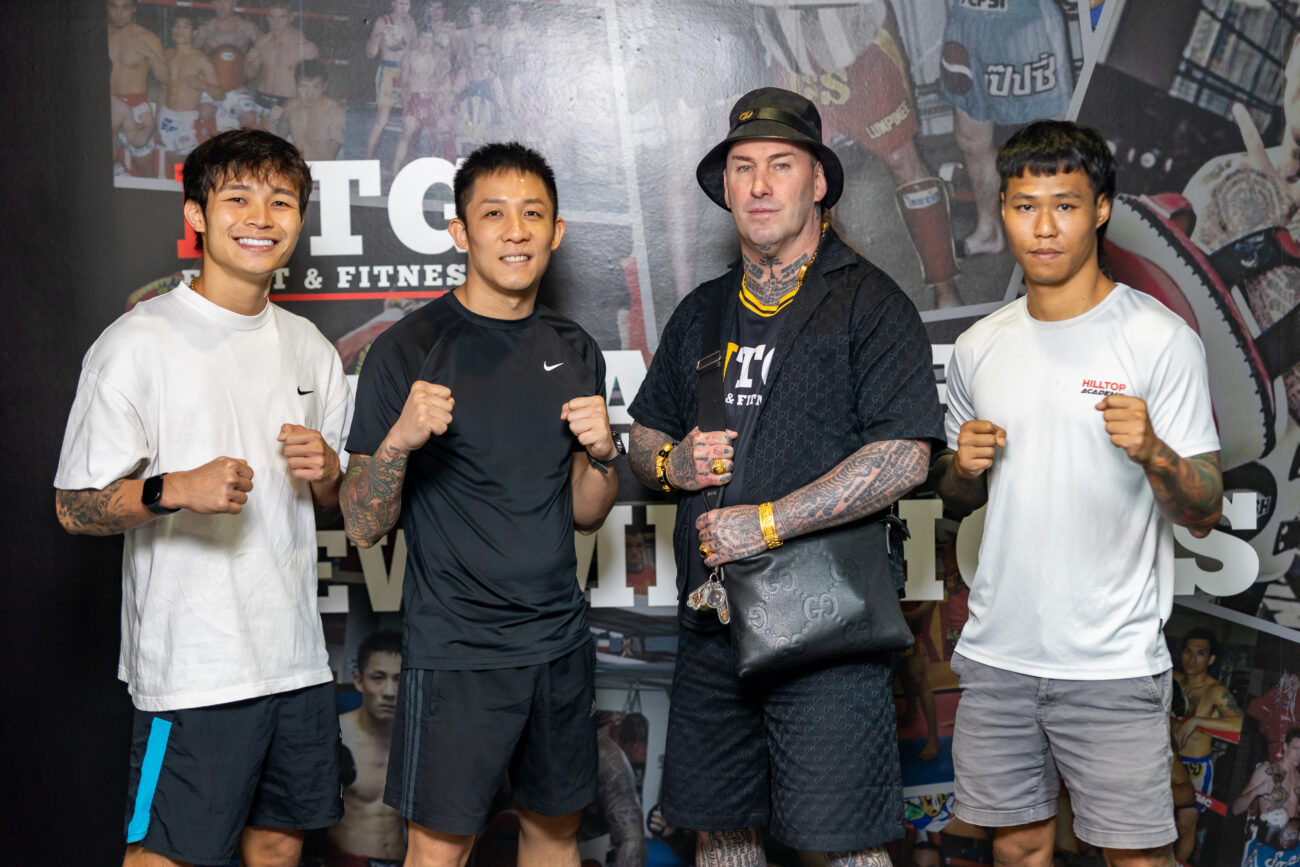
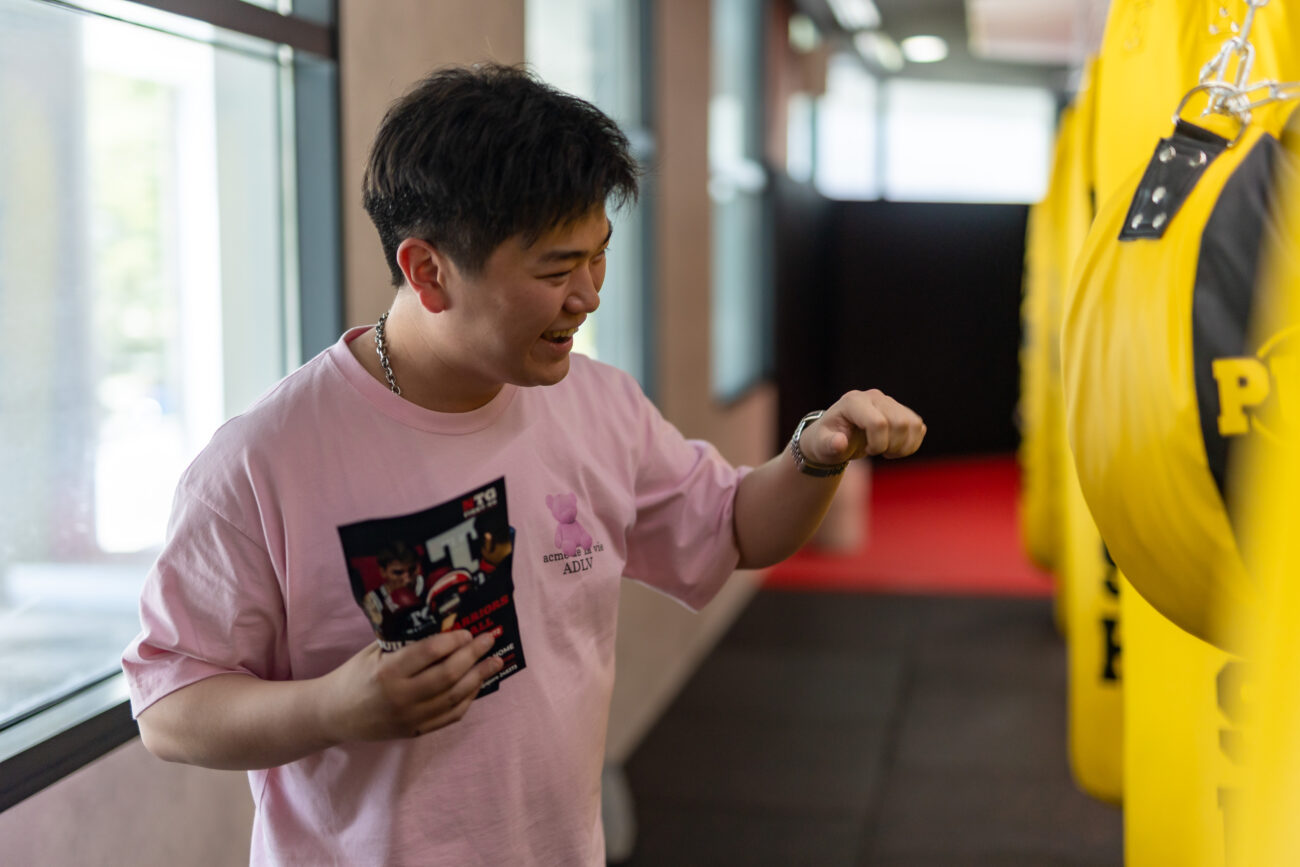
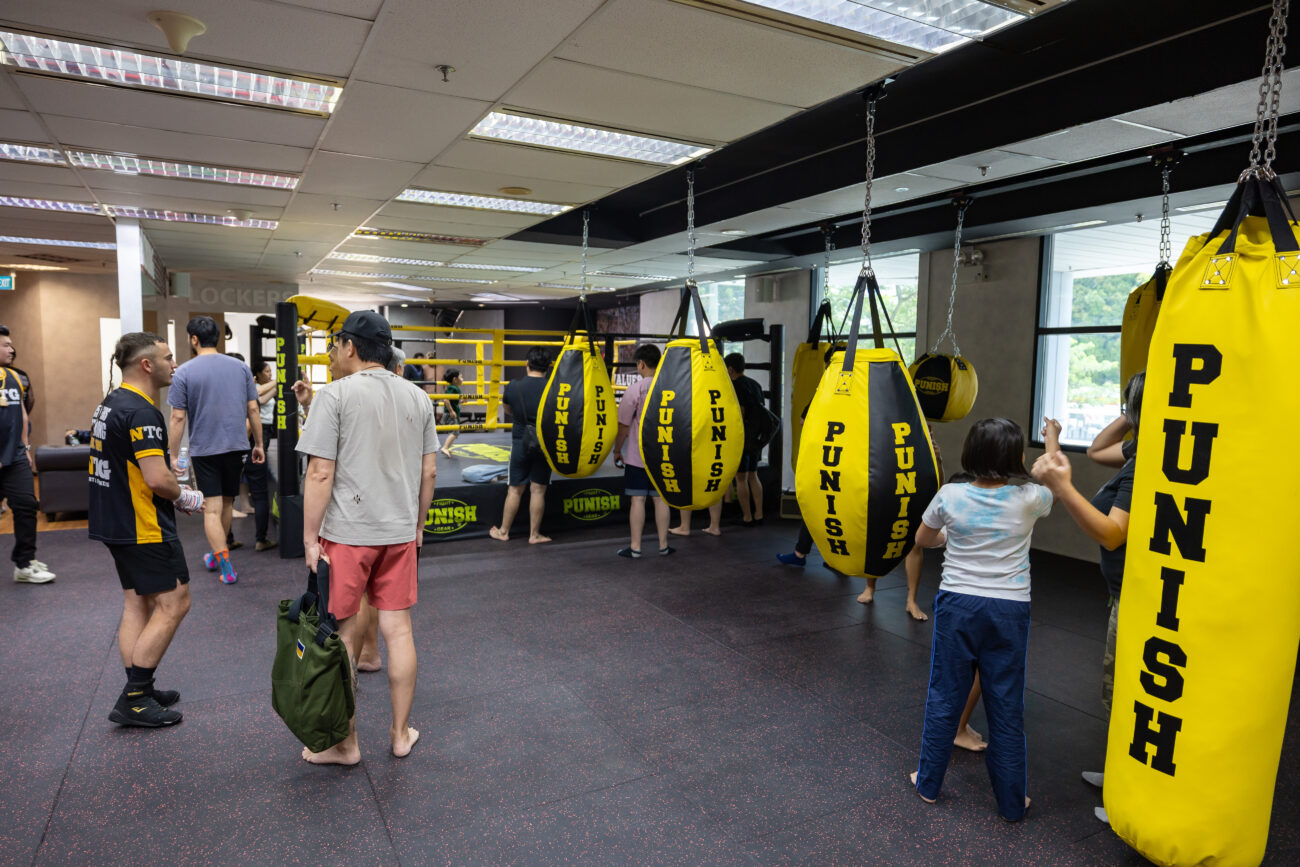
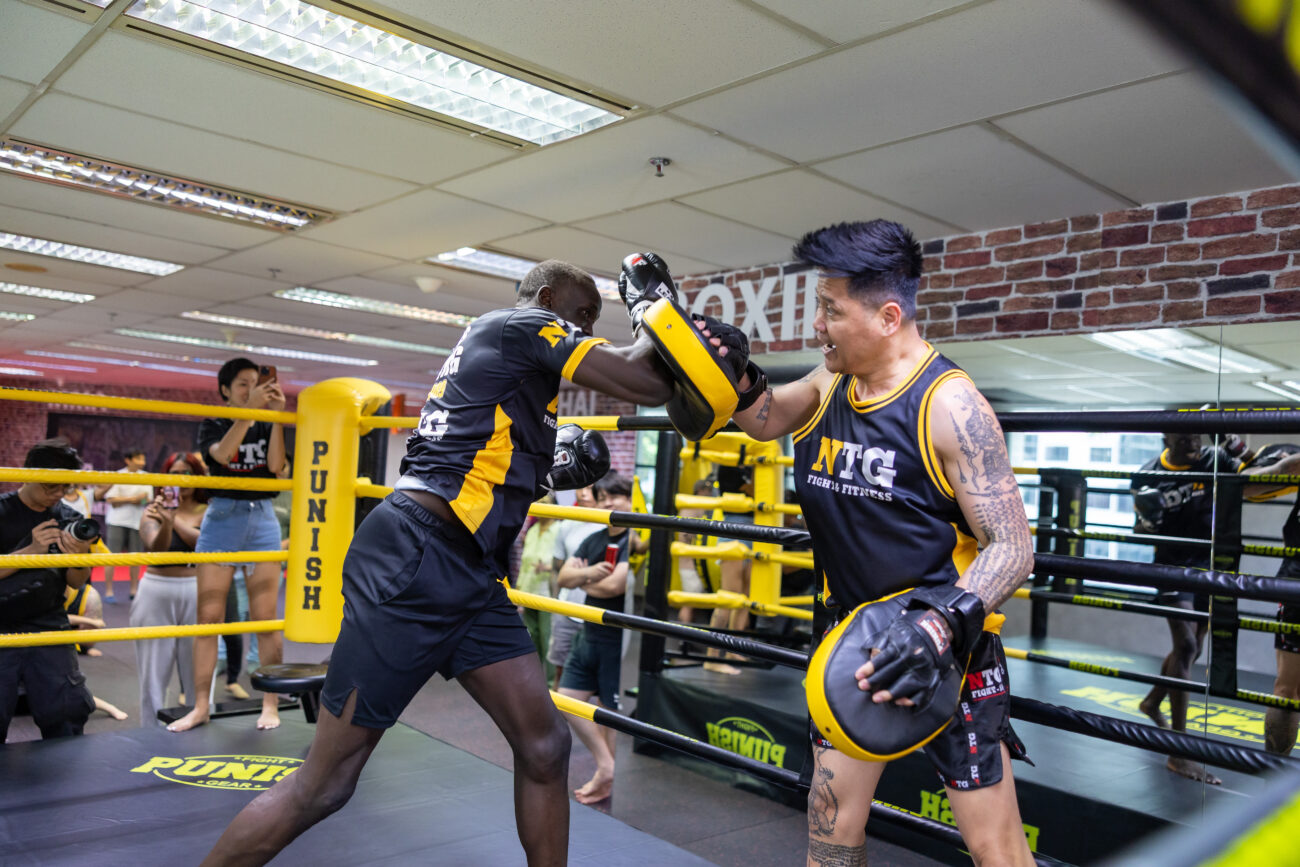
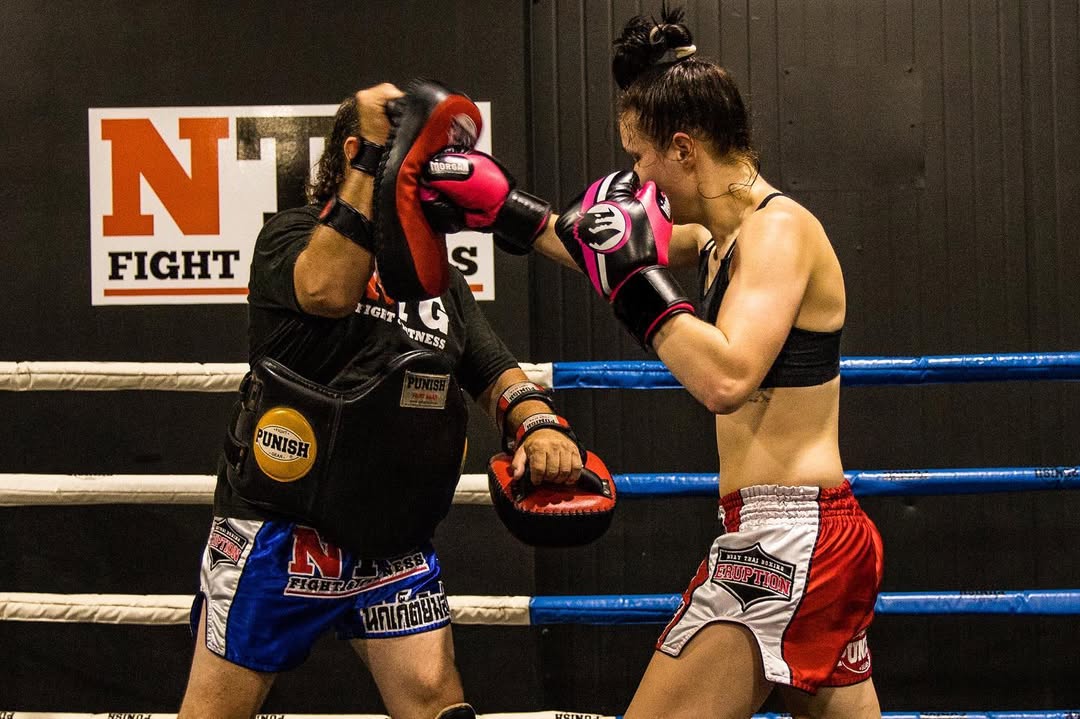
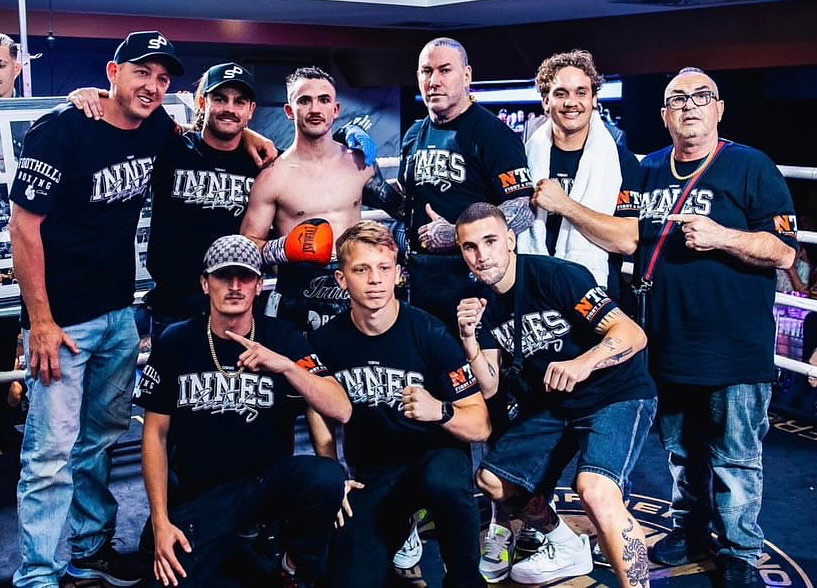
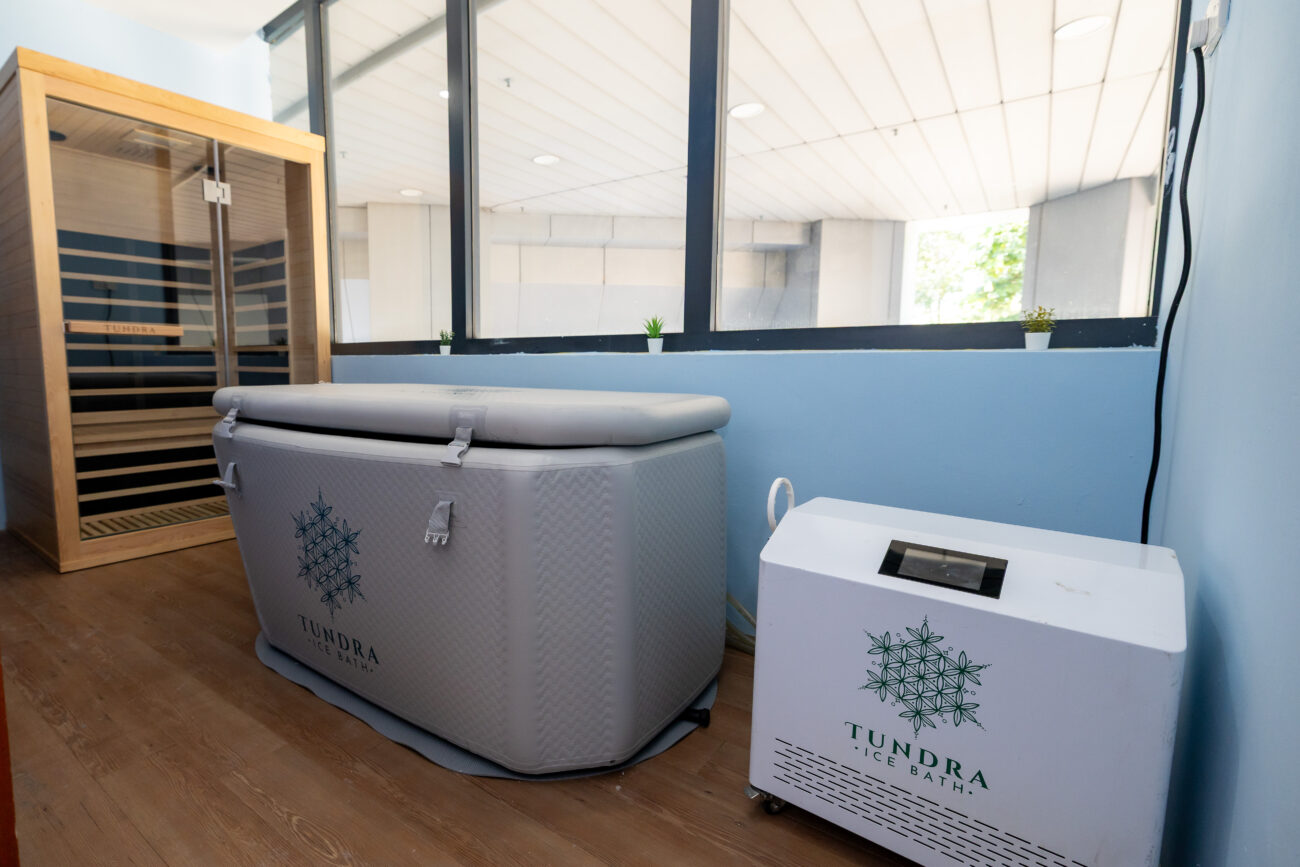
Leave a comment